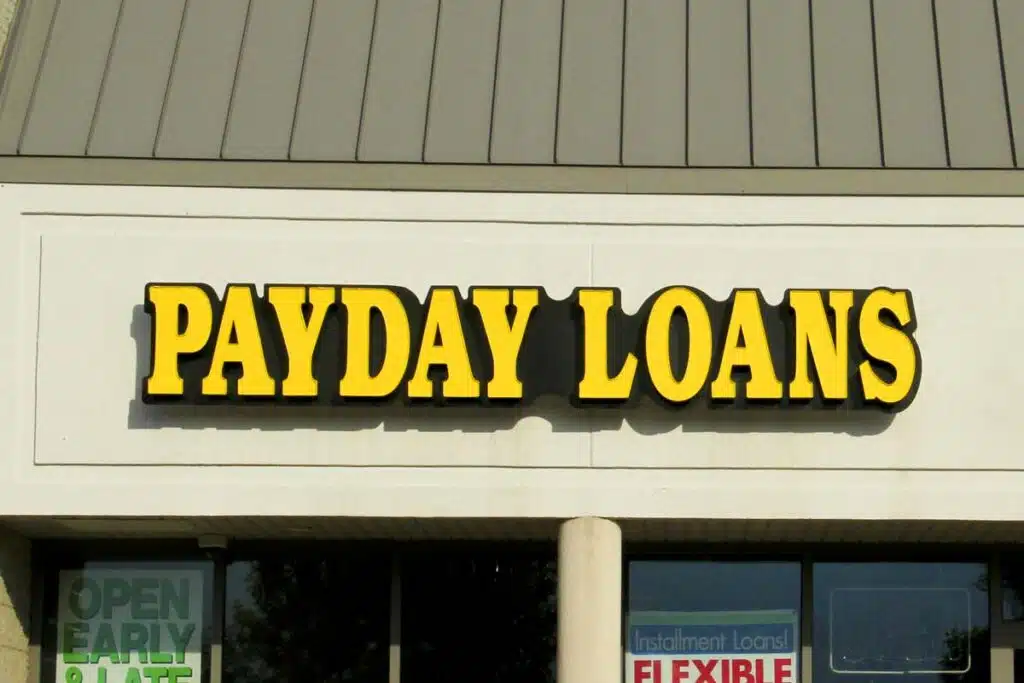
Payday loan class action settlement overview:
- Who: A group of payday loan borrowers have reached a settlement with members of the tribal lending industry.
- Why: The plaintiffs alleged the Lac du Flambeau Band of Lake Superior Chippewa Indians partnered with non-Native American lending companies that sold loans with illegally-high interest rates.
- Where: The payday loan class action settlement was filed in a Virginia federal court.
Hundreds of thousands of people who took out payday loans with exorbitant interest rates may soon get relief from their debt after a billion-dollar settlement with members of the tribal lending industry.
Five borrowers filed a motion on July 17 asking a Virginia federal judge to approve the settlement, which proposes canceling about $1.4 billion in outstanding loans and establishing a $37.4 million common fund for consumers “who repaid unlawful amounts” on their high-interest loans.
“The proposed settlement is the largest ever obtained against participants in the tribal lending industry, and it surpasses multiple settlements approved by courts in similar tribal lending cases,” the plaintiffs say in the motion for preliminary approval.
Lawsuit alleged misuse of tribal sovereign immunity
The proposed agreement aims to provide relief to hundreds of thousands of people who took allegedly illegal payday loans through LDF Tribal Corporation and its subsidiaries, the motion says.
According to the plaintiffs, the class action lawsuit was filed to address the “making and collection of high-interest loans” from online lending companies owned by the LDF Business Development Corporation and its subsidiary, LDF Holdings LLC. These entities were formed by the Lac du Flambeau Band of Lake Superior Chippewa Indians, a federally recognized Native American tribe, they say.
The lawsuit, initially filed in July 2020, accuses the tribe of misusing tribal sovereign immunity for profit over the past decade. According to the complaint, the tribe partnered with non-Native American payday lenders to establish more than a dozen lending companies purportedly owned by it.
The plaintiffs, who took out loans with interest rates as high as 771%, claimed the lending practices violated the Racketeer Influenced and Corrupt Organizations Act (RICO) and state laws.
Three-tiered formula for settlement distribution
The settlement class is estimated to include around 980,000 members, and includes any United States consumer who executed a loan agreement with any LDF Tribal Corporation between July 24, 2016, and Oct. 1, 2023.
The settlement funds will be distributed using a three-tiered formula. The first tier includes consumers who repaid the principal amount of their loans and lived in 18 specified states, including Arizona and New Jersey.
The second tier covers those who made payments exceeding legal interest rate limits in their states and lived in 27 specified states at the time of borrowing.
Class members in Nevada and Utah, the third tier, will not receive cash payments.
Other tribal payday loan lawsuits
This isn’t the first settlement over allegations regarding tribal loans. Equifax also recently agreed to a class action lawsuit settlement to resolve claims that it improperly reported Great Plains Lending, Plain Green and MobiLoans debts to creditors. The plaintiffs contended that the company also allowed debt collectors to change the dates related to these loans to make them appear more recent. Each of the class members was eligible for $500 compensation.
In 2015, payday loan companies Payday Financial LLC, Western Sky Financial LLC, Cashcall Inc., and WS Funding LLC agreed to pay $7 million to settle a class action lawsuit alleging that they misled consumers and charged interest rates higher than many states allow by telling consumers that they were “exempt from United States laws because of an affiliation with the Cheyenne River Sioux Tribe.”
What do you think of the settlement in this payday loan case? Let us know in the comments.
The class members are represented by Andrew J. Guzzo, Casey S. Nash and Kristi C. Kelly and Matthew George Rosendahl of Kelly Guzzo PLC.
The Payday loan class action settlement is Lori Fitzgerald et al. v. Wildcat et al., Case No. 3:20-cv-00044, in the U.S. District Court for the Western District of Virginia.
Don’t Miss Out!
Check out our list of Class Action Lawsuits and Class Action Settlements you may qualify to join!
Read About More Class Action Lawsuits & Class Action Settlements:
- New lawsuit alleges USDA discriminates against minority farmers through unfair loan practices
- Biden cancels student loan debt for 150,000+ borrowers
- MOHELA slow to process Public Service Loan Forgiveness applications, class action alleges
- CFPB issues Bank of America $12M fine over alleged false mortgage applicant information




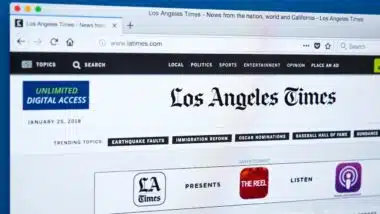
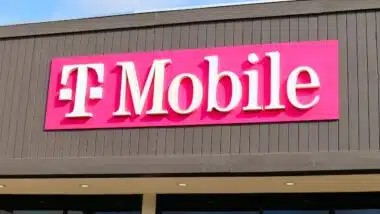


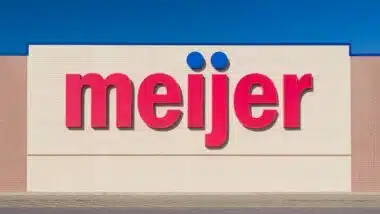

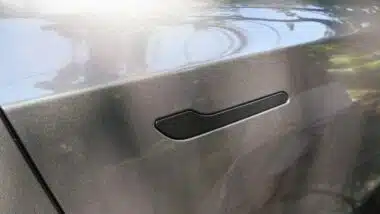

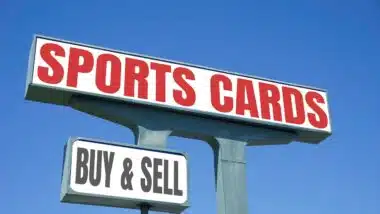


214 thoughts onHistoric $1.5B settlement seeks payday loan forgiveness, other relief
Add me!!
Why does the irs get by with it?
Please add me
Add me
Add me
I may have lawsuit against payday loan that has still been taking money each time I casha check foraalegged loan from 20 years ago please contact me at 5625744341
Please add me
I’ve gotten several loans. Add me
Please add